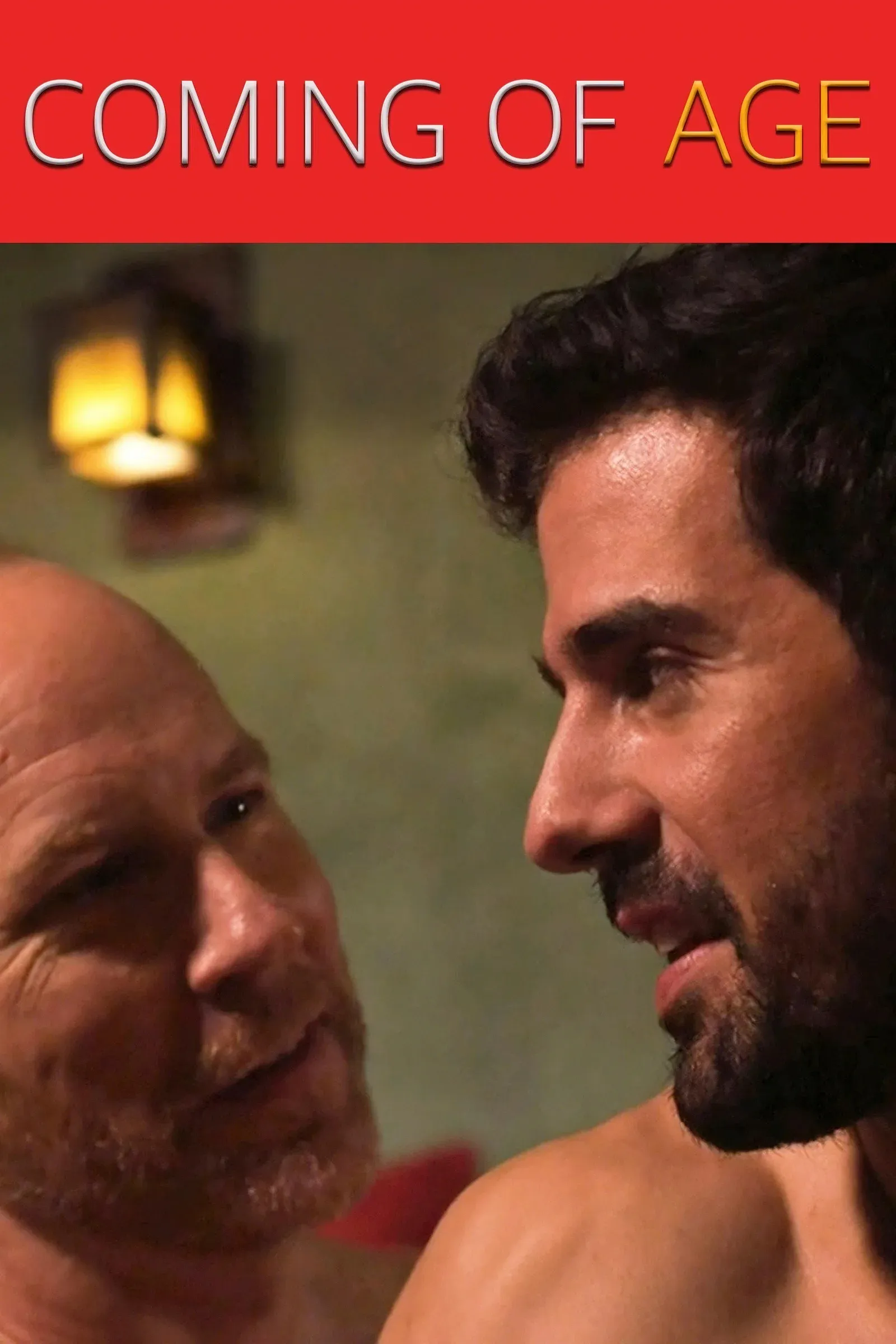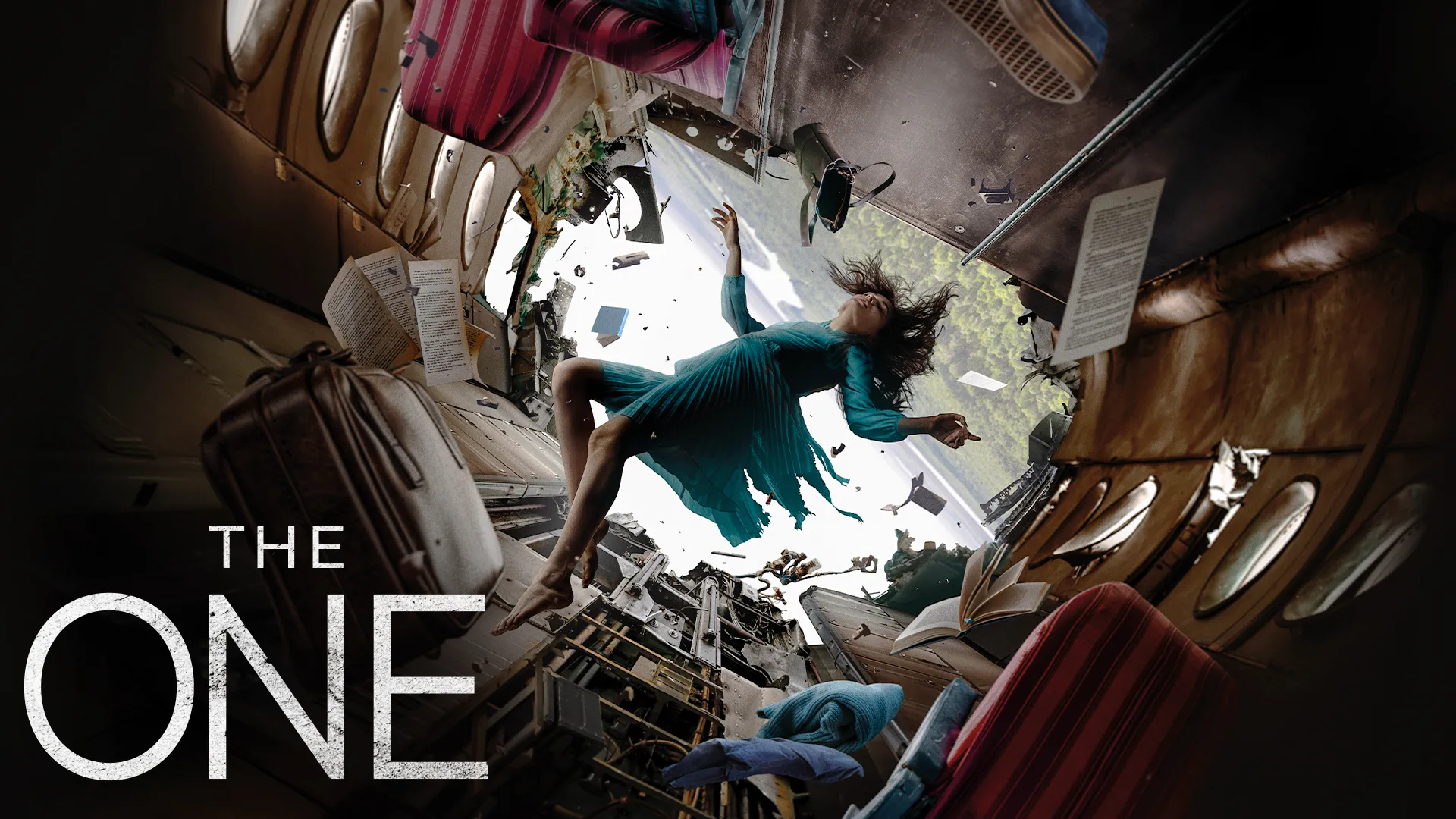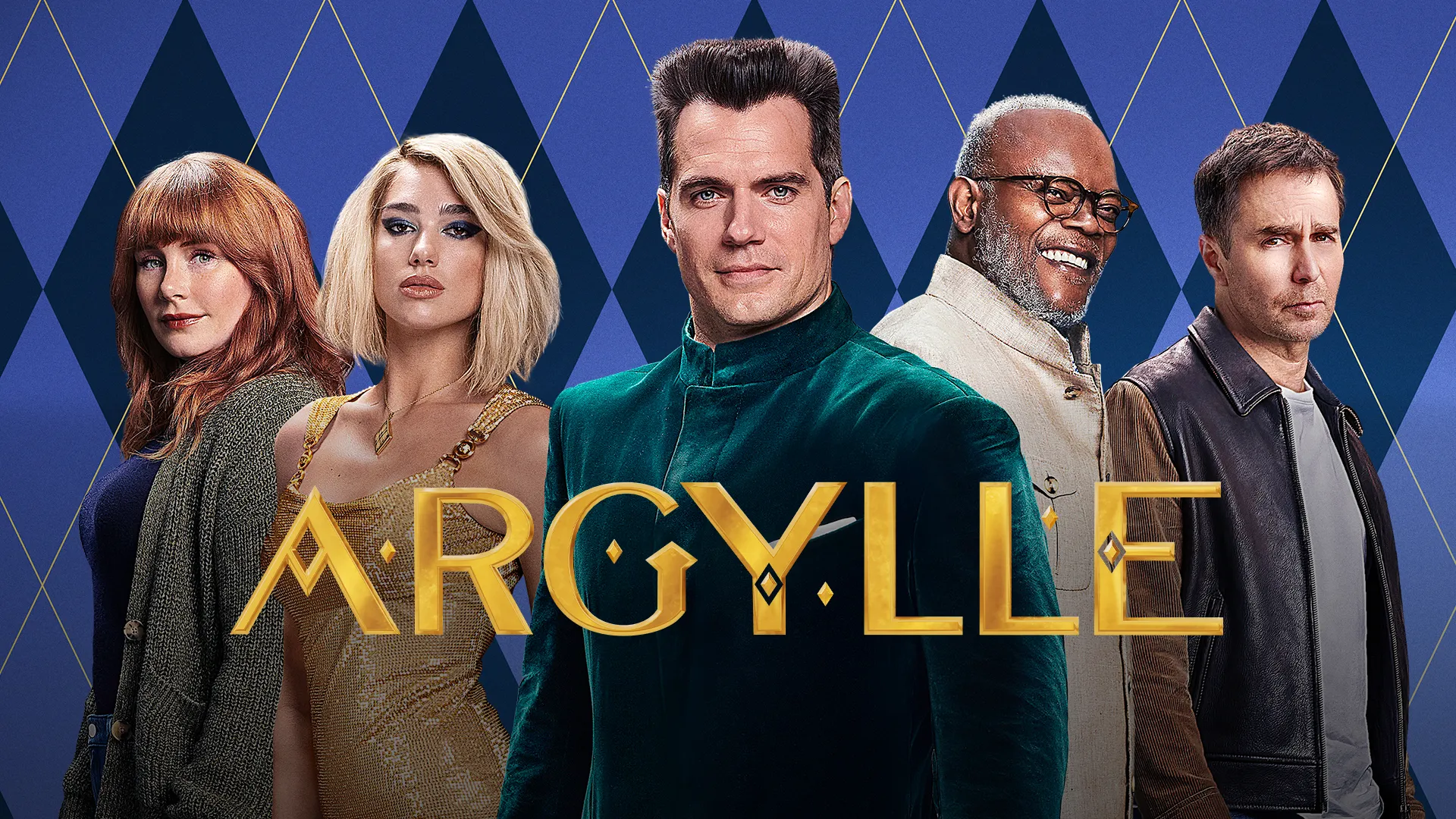"Coming of Age" (2018), directed by Doug Tompos, is a powerful and introspective short film that examines identity, repression, and the deeply personal journey of coming out—sometimes far later in life than expected. Through a tender yet haunting narrative, the film explores what it means to live authentically and the emotional toll of hiding one’s truth for decades.
The story follows an elderly man, a reserved and introspective individual, who has spent most of his life adhering to societal expectations rather than embracing his true self. He has built a life that appears typical—perhaps he has a family, a career, and an outwardly stable existence—but there has always been something missing. Throughout his younger years, the world around him dictated that being openly gay was not an option, forcing him to suppress his true identity.

Now in his later years, he exists in a quiet solitude, burdened by years of unspoken desires and moments he never allowed himself to experience. His days are predictable, his routine unbroken, but internally, his heart is restless, filled with regret and "what ifs."
Then, an encounter changes everything. Whether it is a conversation, a chance meeting, or a simple but profound moment of reflection, something within him shifts. He is confronted by emotions he thought were long buried—feelings of longing, loss, and hope. This pivotal moment becomes the catalyst for him to reexamine his past choices and consider a different future, even at this late stage in life.

Perhaps he meets someone—another man who is confident in his identity, representing the life he never had. Or maybe it is a nostalgic memory of a long-lost love, a moment in time where he had the opportunity to embrace his truth but turned away in fear. Whatever the catalyst, it leads to a powerful realization: the life he has lived was only a fraction of what it could have been.
"Coming of Age" is an emotionally charged short film that resonates deeply, especially with older LGBTQ+ audiences who may see their own experiences reflected in the protagonist’s journey. The film speaks to:
- Older LGBTQ+ individuals who lived through eras where being openly gay was dangerous or impossible.
- Younger audiences who can appreciate the struggles of past generations and recognize the importance of living authentically.
- Anyone who has ever felt trapped by societal expectations and longed for personal liberation.
Doug Tompos brings a delicate touch to the storytelling, ensuring that the film is both intimate and universal. Its cinematography likely captures the quiet loneliness of the protagonist’s life, using soft lighting, reflective shots, and minimal dialogue to let emotions speak louder than words.
The film has been screened at various film festivals and has received praise for its deeply moving narrative. While it is a short film, its themes linger long after the credits roll, prompting important discussions about the complexities of identity, aging, and the courage it takes to be oneself.




